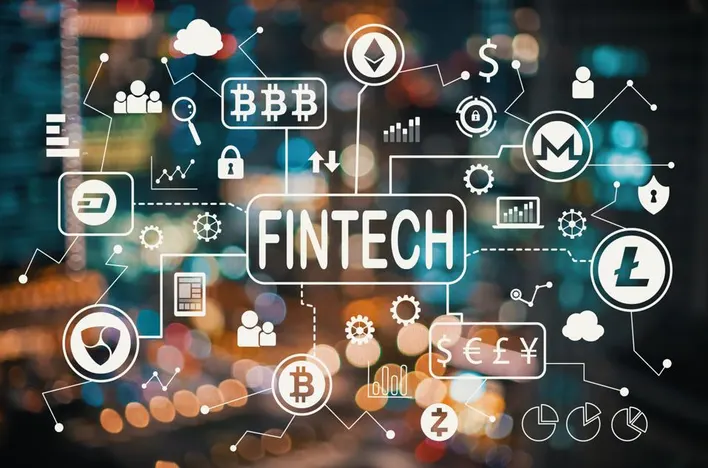In the ever-evolving realm of finance, the fusion of technology and financial services, often referred to as FinTech, stands as a catalyst for reshaping our interactions with money. From redefining payment systems to democratising access to financial services, FinTech is at the forefront of transforming the global financial landscape. Therefore in this article we will explore the revolutionising finance through technological innovation.
The Evolution of FinTech
The term “FinTech,” born from the combination of “financial” and “technology,” encompasses a broad spectrum of technological advancements applied to various financial activities. While the roots of FinTech can be traced back to the 1950s with the introduction of credit cards, its true surge in innovation began in the late 20th century, propelled by the advent of the internet and digital technologies.

Finance
Key Innovations
Digital Payments
FinTech’s impact is unmistakable in the digital payments arena, where mobile wallets, contactless payments, and peer-to-peer (P2P) transactions have become integral components of our daily lives. Therefore, these innovations offer users not only convenience but also secure alternatives to traditional payment methods.
Blockchain and Cryptocurrencies
Moreover, embracing blockchain technology, FinTech facilitates transparent, decentralized, and secure transactions. Beyond traditional currencies, cryptocurrencies like Bitcoin and Ethereum challenge established notions, ushering in possibilities for borderless and efficient financial transactions.
Robo-Advisors
Automated investment platforms, or robo-advisors, harness artificial intelligence algorithms to deliver personalised investment advice and portfolio management. This democratization of wealth management services broadens access, empowering a more extensive audience to engage in sophisticated investment strategies.
Crowdfunding and Peer-to-Peer Lending
FinTech platforms disrupt conventional lending models by directly connecting borrowers with lenders through crowdfunding and peer-to-peer lending. Thus, this not only streamlines the lending process but also unlocks funding opportunities for small businesses and individuals.
RegTech
In addition, regulatory Technology, or RegTech, employs technology to assist financial institutions in efficient regulatory compliance. Through automated compliance checks, monitoring, and reporting, RegTech reduces the regulatory burden on financial institutions while enhancing overall compliance.
The Impact on Financial Inclusion
Furthermore, a noteworthy contribution of FinTech is its role in promoting financial inclusion. Leveraging mobile technology and digital platforms, FinTech extends financial services to underserved populations. Therefore, offering solutions like digital banking, micro-finance through mobile apps, and simplified loan approval processes. And this empowers individuals and businesses in developing economies.
Challenges and Opportunities
While FinTech brings myriad benefits, challenges such as data security concerns, regulatory complexities, and the imperative for continuous innovation persist. Striking a delicate balance between innovation and regulation is paramount to ensure the stability and security of the financial system.
Seizing the Opportunities
In this era of FinTech evolution, individuals equipped with a blend of financial acumen and technological expertise find themselves at the forefront of a revolution. The demand for skilled professionals in FinTech presents a unique opportunity for career growth and contribution to an industry that is reshaping the very foundations of global finance. As FinTech continues to unfold, the possibilities for innovation, inclusion, and interconnected financial systems are boundless, creating a space where talents and ideas converge to shape the future of finance.
The Future of FinTech
As FinTech continues to evolve, its future promises groundbreaking innovations. The integration of artificial intelligence, machine learning, and big data analytics will amplify the capabilities of financial services. Concepts like open banking, decentralised finance (DeFi), and the exploration of Central Bank Digital Currencies (CBDCs) are poised to shape the next phase of FinTech evolution.
Conclusion
In conclusion, the trajectory of FinTech signifies a paradigm shift in the financial landscape. Therefore, this is where technology is the driving force behind innovation and connectivity. As we navigate this dynamic intersection of finance and technology, FinTech remains a powerful force shaping the future of global financial systems, promising a more connected, inclusive, and technologically advanced world of finance.



